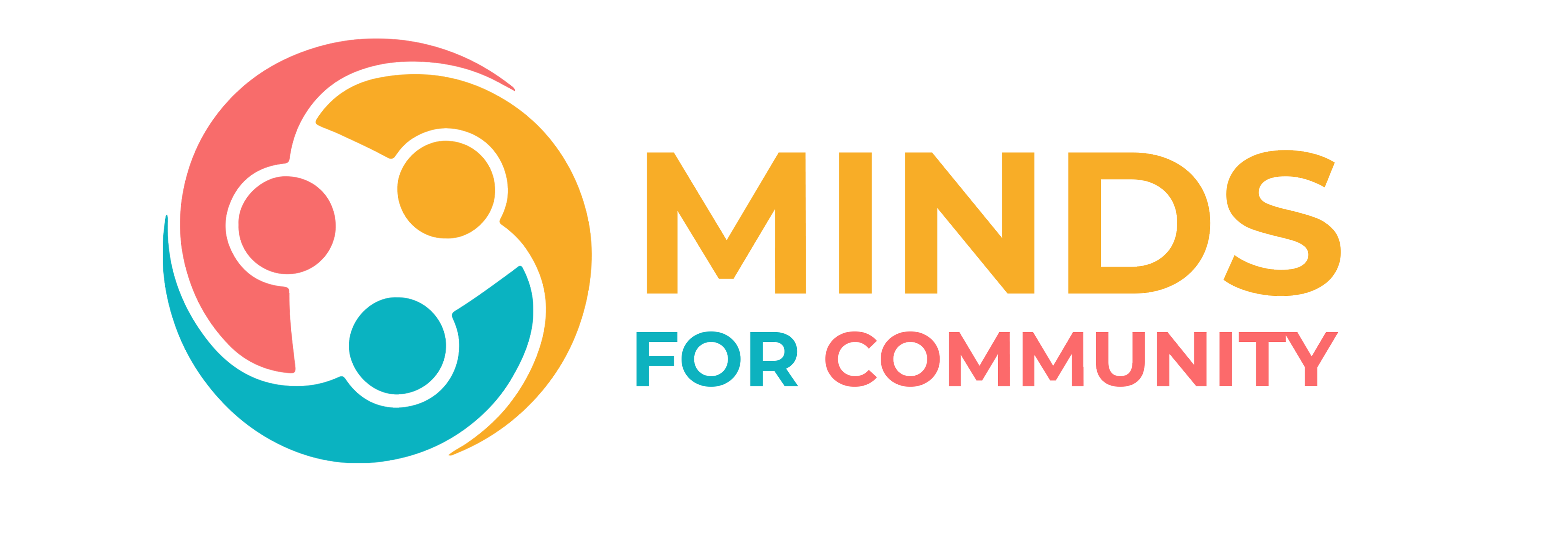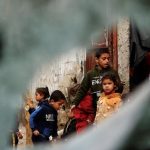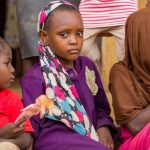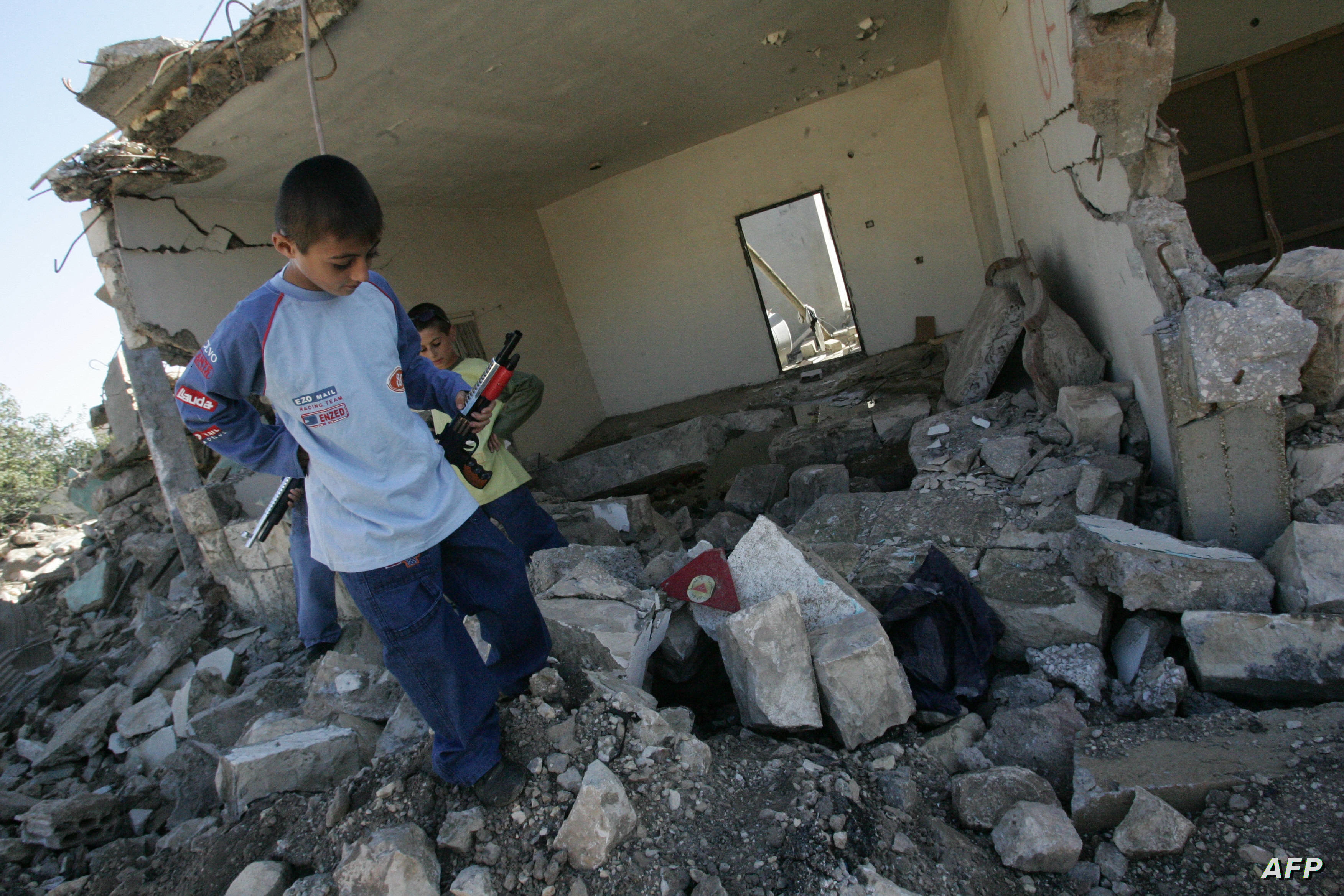The United Nations Office for the Coordination of Humanitarian Affairs issued the following statement regarding the increase in Israeli hostilities in southern Lebanon:
- 93,040 individuals (51% females) have been displaced from south Lebanon due to the ongoing hostilities as of 30 April (source: DTM).
- 1,359 casualties have been reported, including 344 deaths. Among these, at least 73 civilian deaths have been confirmed. (source: OHCHR, MoPH).
- On 23 April, an Israeli airstrike killed a woman and her 10-year-old niece, and wounded four other children and their grandparents in Bint Jbeil, South Lebanon.
- On 25 April, Jan Egeland, Secretary General of the Norwegian Refugee Council (NRC), visited South Lebanon, where he witnessed the impact of more than six months of hostilities on local communities and refugees.
SITUATION OVERVIEW
Lebanon continues to experience a surge in hostilities, as Israeli airstrikes extend far beyond its southern border, where the most intense bombardments are concentrated. These strikes have continued impacting residential houses, shops, and civilian infrastructure, directly affecting civilian populations living in those areas.
To date, at least 73 civilians have been killed since the escalation of hostilities in October 2023, with two additional civilian deaths between 18 April and 2 May, including a woman and her 10-year-old niece who were killed in an Israeli airstrike in Bint Jbeil, South Governorate. In total, the Lebanese Ministry of Public Health has reported 1,359 casualties, including 344 people killed, due to the hostilities since 8 October 2023.
As of 30 April, 93,040 people have been internally displaced and are seeking refuge across Lebanon, with 96 per cent originating from Bint Jbeil, Marjayoun, and Tyre districts.
As of 30 April, 29 humanitarian aid missions have been conducted to towns and villages along the frontlines which according to existing data continue to witness the presence of at least 60,000 civilians.
On 25 April, Jan Egeland, Secretary General of the Norwegian Refugee Council (NRC), visited South Lebanon, where he witnessed the impact of more than six months of hostilities on local communities and refugees. During his mission, Egeland highlighted the sense of desperation felt by displaced communities and stressed the need for greater international solidarity to support civilians caught in the crossfire. Calling for an end to the fighting, he also stressed the urgent need for international support to help Lebanon cope with multiple crises, emphasizing that the country should not be left to shoulder these responsibilities alone.
According to the latest UNICEF report, 30,000 children have been displaced due to ongoing hostilities, exacerbating Lebanon’s existing education crisis. Approximately 20,000 children in the south of the country have faced disruptions to their school year, impacting their foundational literacy, numeracy, and life skills development. The prolonged disruption to in-person teaching also increases risks such as child labor and early marriage, particularly for vulnerable groups like children with disabilities, girls, and adolescent young women.
Furthermore, over 16,000 children under five, 17,000 adolescent girls, and 10,000 women living in areas where primary healthcare centers have closed are experiencing limited access to essential early childhood development and nutritional services. Six PHCs remain closed in Bint Jbeil and Marjayoun. According to UNICEF report, about 4,000 children urgently need services such as immunization, critical medications, maternal healthcare, and pre-and postnatal care.
The conflict has significantly affected the mental health and physical well-being of children and families, leading to alarming levels of psychological distress. Anxiety and trauma have surged not only due to displacement but also because of shelling and air raids.
In March 2024, UNICEF conducted a mental health and psychosocial support (MHPSS) assessment in Palestinian communities in Lebanon. The findings revealed that children’s exposure to the conflict has increased their risk of developing collective trauma, psychological distress, disrupted development, feelings of hopelessness and despair, social fragmentation, physical health consequences, and intergenerational trauma transmission.






